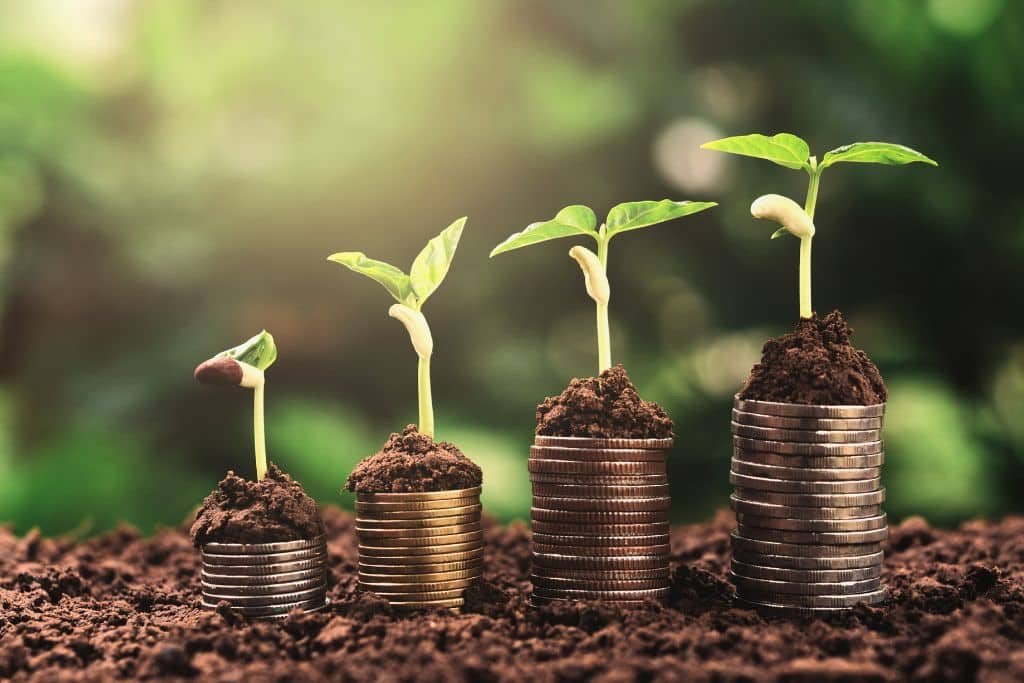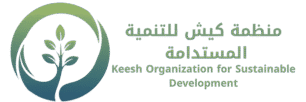The Role of the Circular Economy in Promoting Sustainable Development in Iraq: A Vision by the KEESH Organization for Sustainable Development
Introduction
The concept of the circular economy stems from the need to shift from the traditional “extract–produce–waste” system to one that keeps materials and resources in continuous use through long-term design, repair, reuse, and recycling. This transition serves as a vital framework for achieving sustainable development across its environmental, economic, and social dimensions, and it holds particular importance in countries that rely on natural resources, such as Iraq
1.The Concept of the Circular Economy
The circular economy is defined as “a systemic framework that calls for a sustainable shift from the linear system to a circular one, through long-term design, maintenance, repair, reuse, refurbishment, and recycling.” This model aims to minimize waste and pollutants while keeping resources in use for as long as possible, thereby achieving greater efficiency in both natural and economic investments
2. The Importance of the Circular Economy in the Iraqi Context
Iraq’s economy relies on the oil sector for approximately 61.1% of its revenues, making it vulnerable to global price fluctuations and limiting the diversification of national income sources. The circular economy offers significant opportunities to diversify the economy by promoting recycling, repair, and reuse processes, which can create thousands of new jobs and reduce dependence on imports and raw materials from abroad.
3. Current Initiatives Toward a Circular Economy in Iraq
**Solid Waste Management Strategy:** The draft Solid Waste Management Law is included in Iraq’s Nationally Determined Contributions (NDCs), strengthening the legislative framework for recycling waste and converting it into energy resources or industrial raw materials. **Post-Conflict Reconstruction Initiatives:** The International Organization for Migration (IOM) and the United Nations Environment Programme (UNEP) support the establishment of construction and demolition waste recycling centers in Mosul and Kirkuk, reducing debris accumulation and reusing it in infrastructure projects. **Circular Agricultural Plastic Projects:** Some initiatives, in collaboration with the UNDP, are establishing factories to recycle agricultural plastic covers in areas surrounding Nineveh and Salah al-Din governorates, converting plastic waste into reusable plastic pellets.
4. The Role of KEESH Organization for Sustainable Development
**Capacity Building and Awareness:** KEESH Organization for Sustainable Development organizes training workshops for local communities and municipal authorities on the principles of the circular economy and best practices in design and waste management, ensuring knowledge transfer across various governorates. **Technical and Financial Partnerships:** KEESH collaborates with government entities and international donors to secure funding for small and medium recycling projects, and supports the establishment of units for repairing electrical and electronic devices to extend their productive lifespan. **Research and Field Support:** KEESH funds field studies to assess waste volumes in Baghdad and other governorates, and designs digital maps for waste collection and recycling routes to enhance efficiency and reduce emissions. **Community and Media Networking:** KEESH launches online campaigns under the slogan “Circular Toward a Green Future,” showcasing successful local and international circular economy initiatives and encouraging citizens to actively participate in recycling projects.
Conclusion
The circular economy represents a strategic opportunity for Iraq, not only to diversify its economy and reduce risks associated with the oil sector but also to protect the environment and create sustainable employment opportunities. Through KEESH Organization for Sustainable Development’s efforts in capacity building and providing financial and technical support, Iraq can steadily move toward a more sustainable production and consumption system, ensuring the well-being of both current and future generations.



